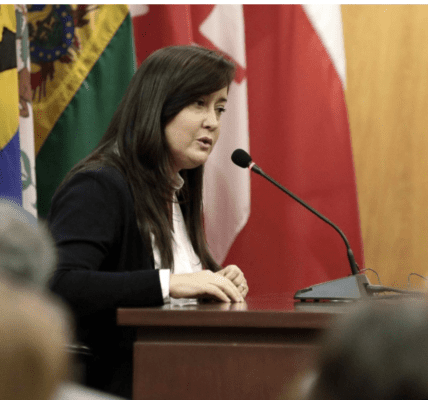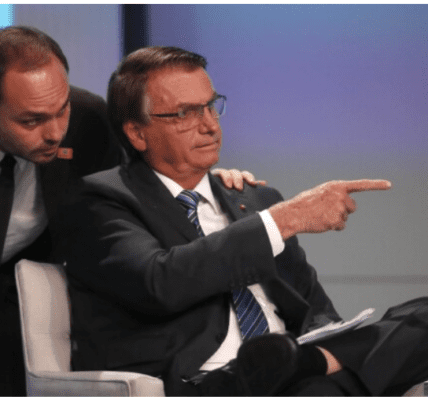- Homepage
- World Affairs
- Unwavering Support Questioned: Senator Fetterman Criticizes U.S. Stance on Israel Amid Iranian Strikes
Unwavering Support Questioned: Senator Fetterman Criticizes U.S. Stance on Israel Amid Iranian Strikes
As tensions rise with Iran’s latest assault, Senator Fetterman voices strong opinions on the necessity of unconditional U.S. support for Israel.
In a pointed discussion on CNN’s “State of the Union,” Senator John Fetterman (D-Pa.) expressed significant concerns over the United States’ commitment to Israel following a severe aerial assault by Iran. The recent attacks, which involved over 300 missiles and drones, highlighted a critical moment in Middle Eastern geopolitics, with Fetterman advocating for an unequivocal backing of Israel by the U.S.
Senator Fetterman’s remarks come at a time when the international community is keenly watching the U.S.’s next moves. The assault by Iran is reportedly a retaliation to an earlier incident this month, where an Israeli airstrike purportedly killed members of the Islamic Revolutionary Guard Corps at an Iranian consulate in Damascus, Syria. This action by Israel, which Fetterman described as “smoking that Iranian general,” has evidently escalated tensions, prompting a robust discussion on the U.S.’s role and stance in these conflicts.

Fetterman stressed the astonishment and concern over the U.S. not standing firmly with Israel, especially in times when threats are tangible. “When a nation can launch hundreds of drones towards Israel — I’m not going to be talking about conditions ever,” he stated, emphasizing that U.S. support should not be conditional. His stance reflects a broader sentiment within certain segments of U.S. politics that advocate for staunch, unwavering support for Israel, particularly when faced with acts of aggression from neighboring countries or groups.
The Senator also highlighted the nature of Iran’s attack as partly theatrical, intended to make a statement after the loss of a high-ranking military leader. However, he pointed out the underlying instability such action signifies, and the imperative for the U.S. to “lean in and stand with Israel.” This perspective aligns with his broader viewpoint on maintaining strong alliances and responding decisively to geopolitical threats.
Moreover, Fetterman’s comments shed light on the complex interplay of power dynamics in the Middle East. He noted that while Iran engages in direct conflicts, it also extensively uses proxy forces throughout the region, a strategy that complicates direct engagements and responses. His assessment that Iran cannot take on Israel or the U.S. directly, but chooses to continue its influence through proxies, underscores the challenges in stabilizing the region and deterring aggression through conventional means.
The response from the U.S. has so far been measured. While aiding Israel in thwarting the assault, official statements have made it clear that the U.S. is “not seeking” a wider war in the region. This cautious approach, however, has come under scrutiny from figures like Fetterman, who argue that more decisive actions or statements might be necessary to deter further aggression and reassure allies.

Fetterman wisely refrained from prescribing how Israel should respond to the attacks, recognizing the sovereignty and the delicate position of the nation in handling its defense and retaliatory measures. His focus remained firmly on the U.S. role, urging a stronger, more explicit stance in support of Israel, reflective of longstanding geopolitical alliances and strategic interests.
Read More News:
- Examining the Controversial Push to Restrict Reappointment of Expelled Lawmakers in Tennessee
- China’s Expansion of State Secrets Law: Implications and Analysis
In conclusion, Senator Fetterman’s call for unconditional support for Israel not only highlights his stance on U.S. foreign policy but also ignites a broader debate on how nations should navigate complex international crises. As the situation evolves, his outspoken views will likely influence discussions within both political and public spheres about the extent and nature of U.S. involvement in Middle Eastern affairs, and how best to support key allies in times of crisis.




